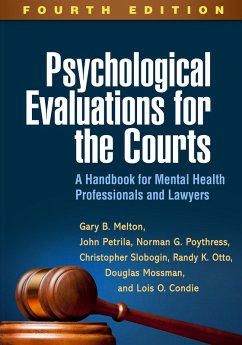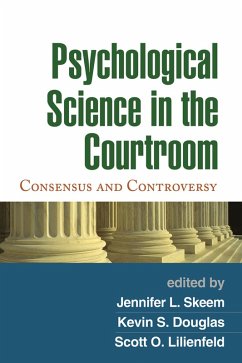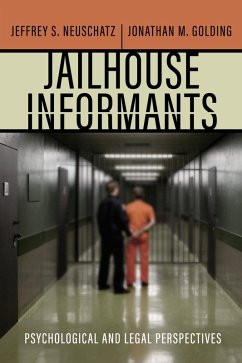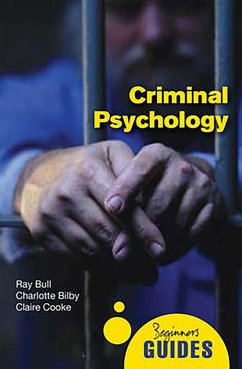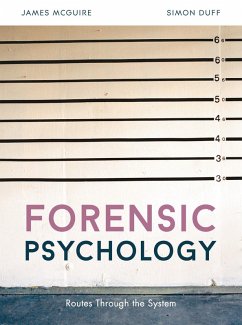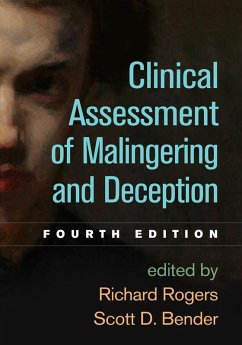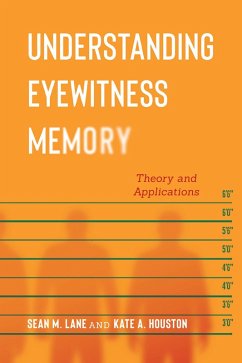
Psychological Science and the Law (eBook, ePUB)
Versandkostenfrei!
Sofort per Download lieferbar
50,95 €
inkl. MwSt.
Weitere Ausgaben:

PAYBACK Punkte
25 °P sammeln!
Psychological research can provide constructive explanations of key problems in the criminal justice system--and can help generate solutions. This state-of-the-art text dissects the psychological processes associated with fundamental legal questions: Is a suspect lying? Will an incarcerated individual be dangerous in the future? Is an eyewitness accurate? How can false memories be implanted? How do juries, experts, forensic examiners, and judges make decisions, and how can racial and other forms of bias be minimized? Chapters offer up-to-date reviews of relevant theory, experimental methods, a...
Psychological research can provide constructive explanations of key problems in the criminal justice system--and can help generate solutions. This state-of-the-art text dissects the psychological processes associated with fundamental legal questions: Is a suspect lying? Will an incarcerated individual be dangerous in the future? Is an eyewitness accurate? How can false memories be implanted? How do juries, experts, forensic examiners, and judges make decisions, and how can racial and other forms of bias be minimized? Chapters offer up-to-date reviews of relevant theory, experimental methods, and empirical findings. Specific recommendations are made for improving the quality of evidence and preserving the integrity of investigative and legal proceedings.
Dieser Download kann aus rechtlichen Gründen nur mit Rechnungsadresse in A, D ausgeliefert werden.





